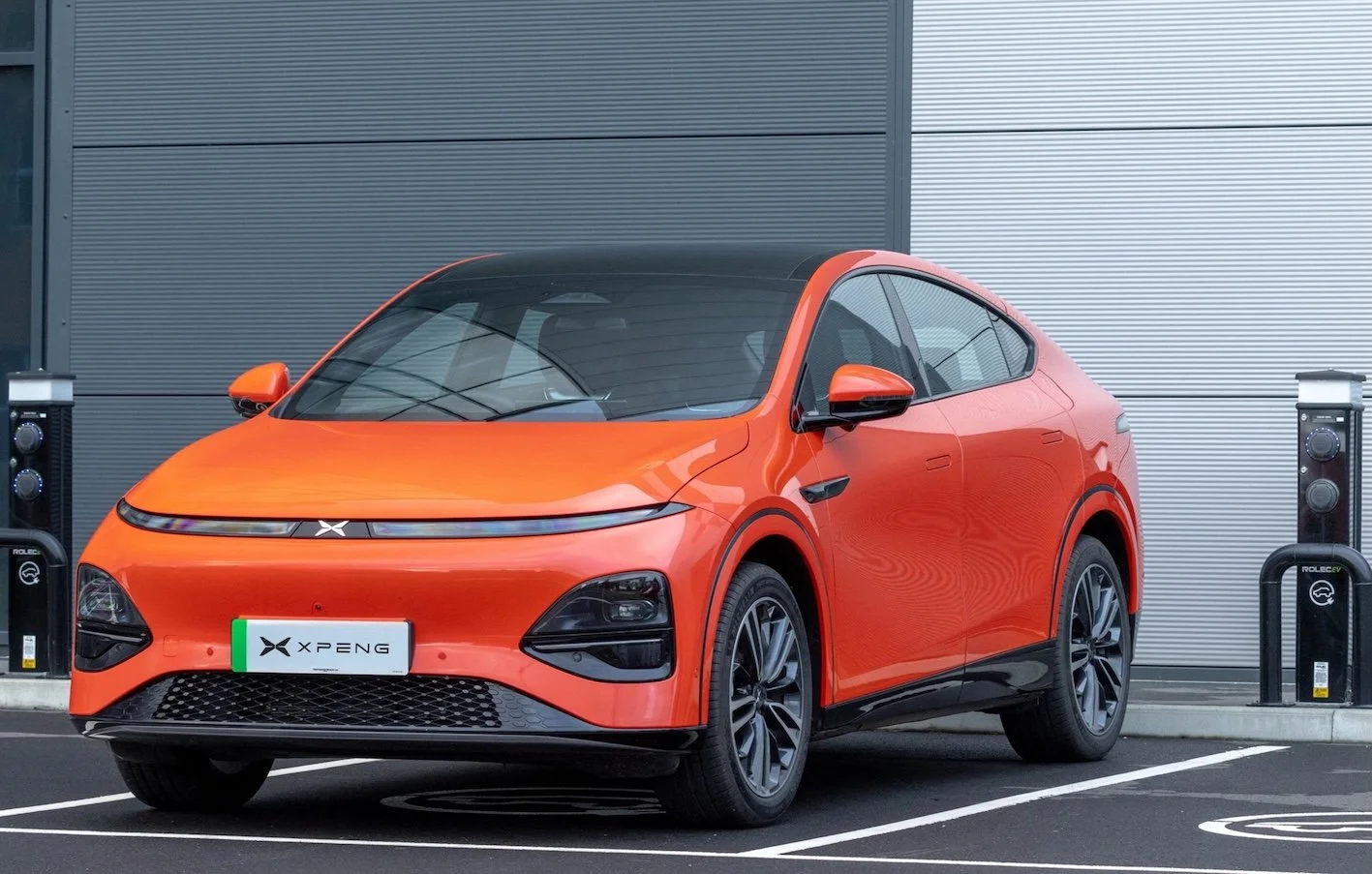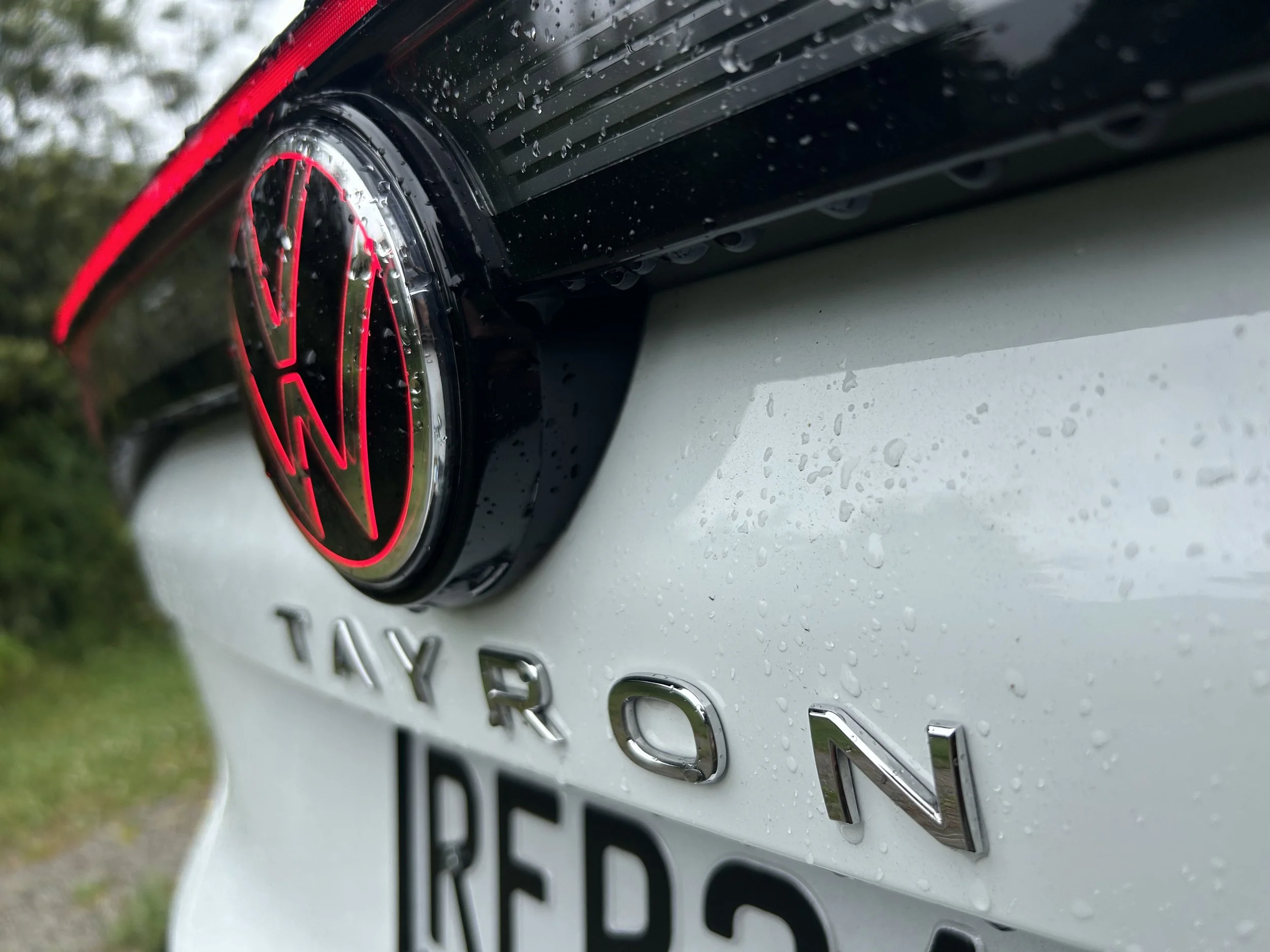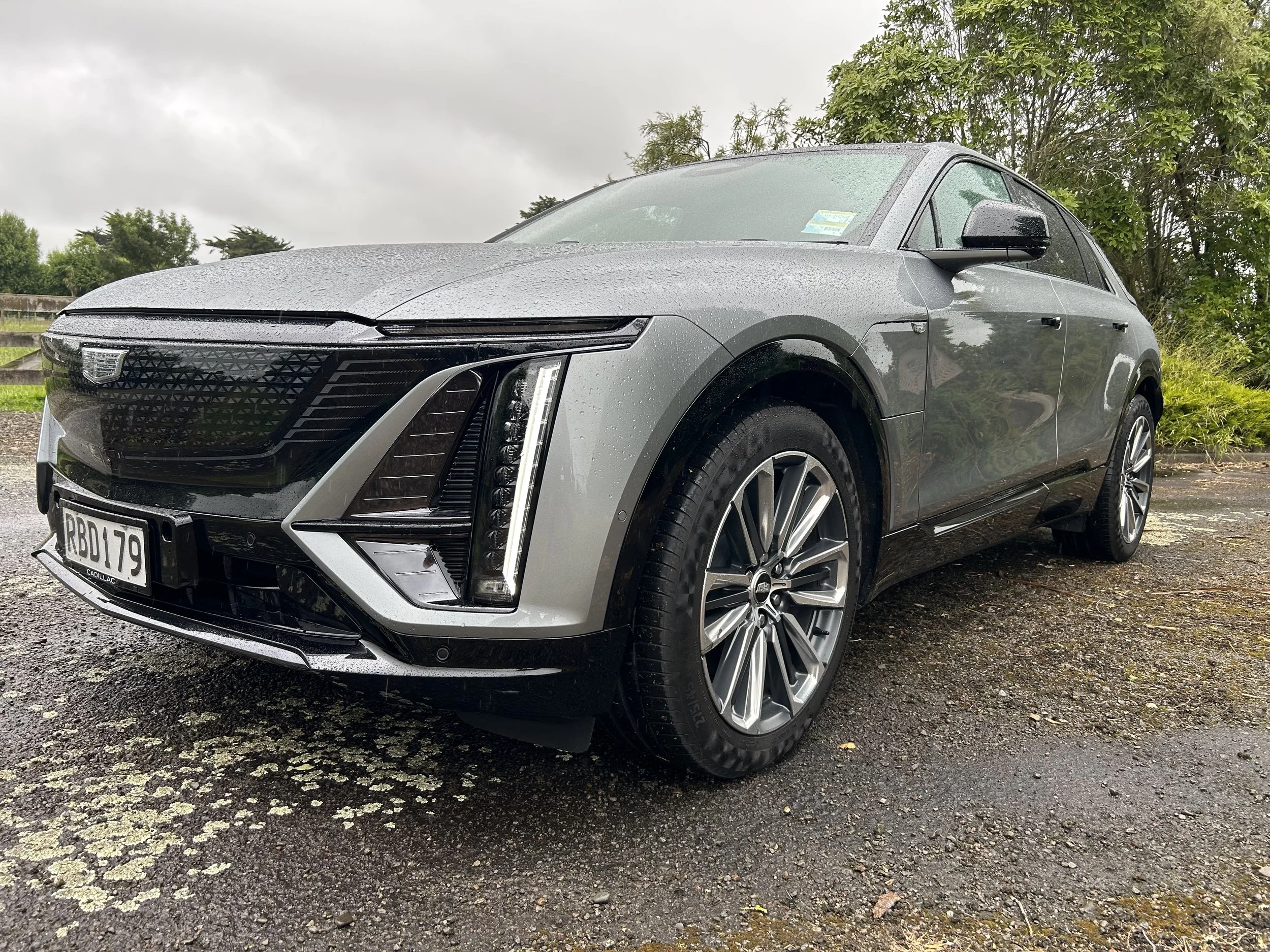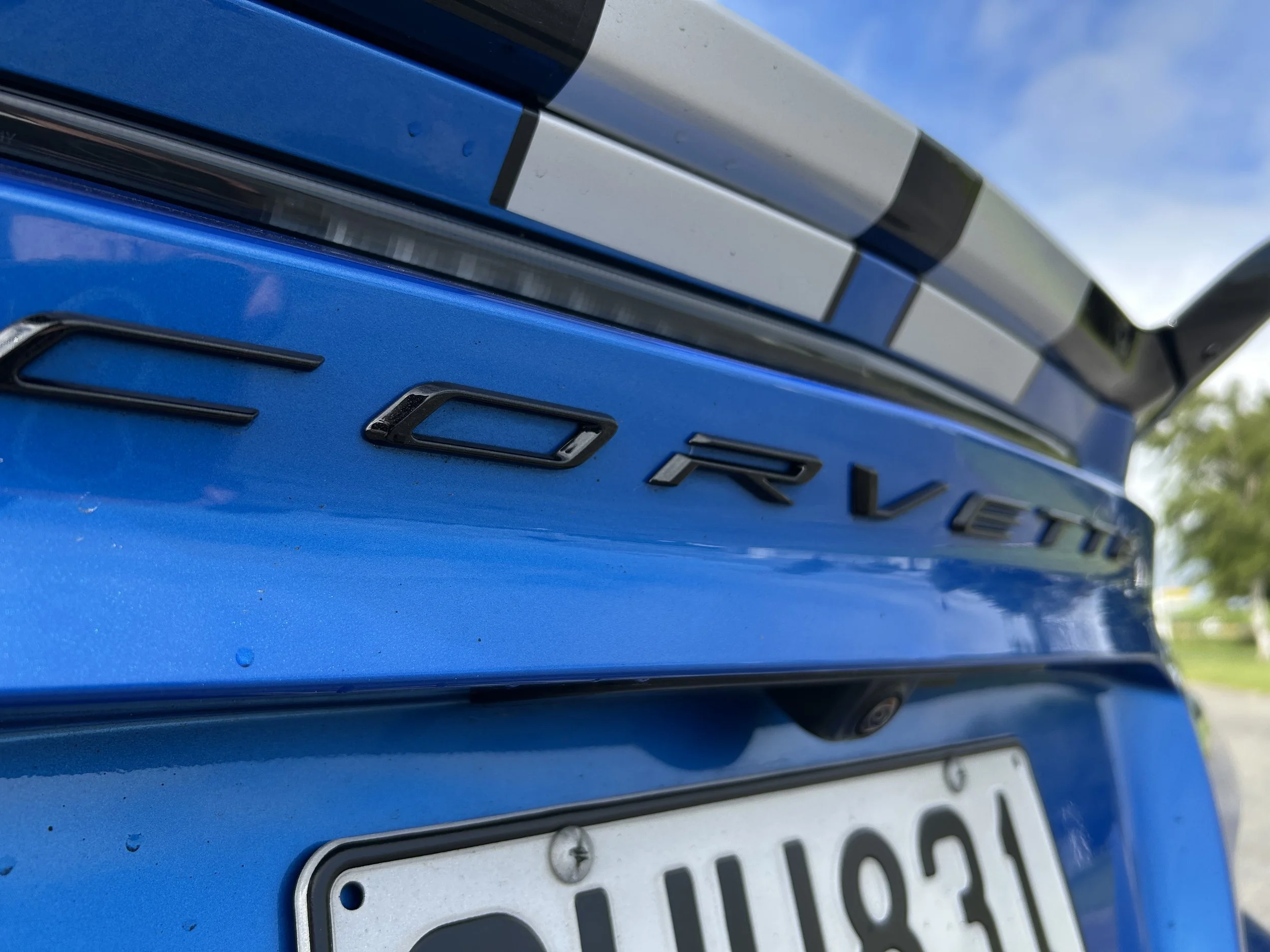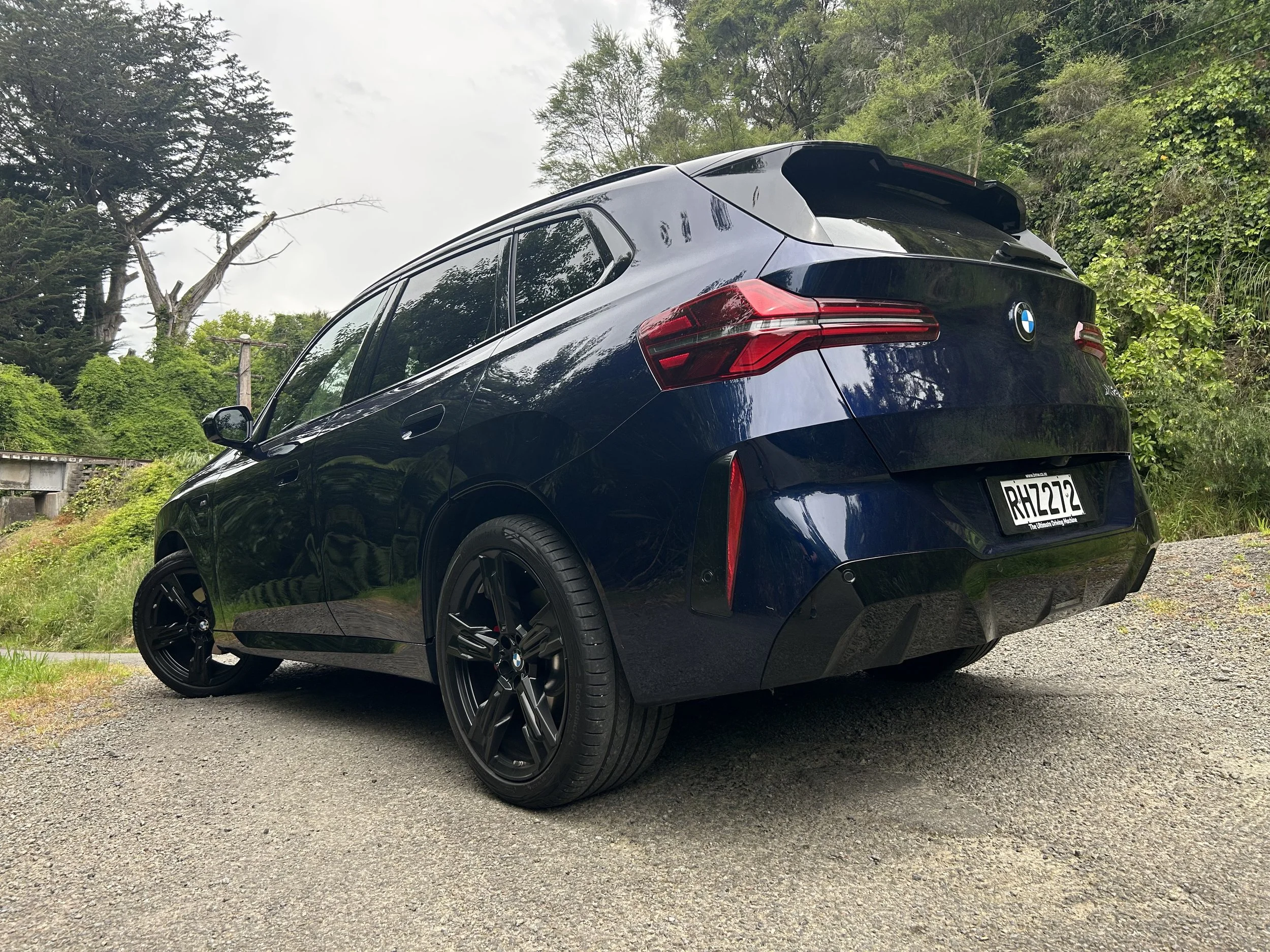First all-electric Jeep out next year
/Is there NZ market opportunity for compact SUV?
BATTERIES are now fully included in Jeep’s future direction.
The all-American off-road giant has revealed the design for its first all-electric model due for international launch next year. Jeep’s national distributor, Ateco, has yet to offer comment on what that means for New Zealand.
Delivering in a size that suggests that it is set to sit a segment below the firm's current smallest SUV, the Renegade, the as-yet-unnamed model draws on a lot of traditional Jeep styling cues such as chunky looks and a seven-slot grille, but overall, is squatter and with more smoothed lines, a lower roofline and a more raked windscreen than is usual for Jeep.
Revealed at a symposium reporting on 2021 earnings and also outlining ‘Dare 2030’, a strategy for Jeep owner Stellantis’ technology drive – basically, it wants to only have fully-electric product in Europe by 2026 – the model’s underpinning still remains a mystery, but there is conjecture it could be the e-CMP platform shared with the electric versions of the Peugeot 208 and 2008, both already available in NZ.
Jeep is also developing another electric platform, called STLA Small, that intends to support up to an 82kWh battery and 480km range, but has previously indicated that might not be ready until late 2024.
“Electrification will amplify Jeep’s core attributes”, claimed Stellantis boss Carlos Tavares at the presentation.
“This new model will launch during the first half of next year and is the first of a comprehensive fully-electric Jeep line-up that will cover every SUV segment by 2025.”
Dare 2030 intends for Stellantis’ carbon footprint to be cut by 50 percent by 2030. The company has already committed to stop launching new internal-combustion models in Europe by 2026, and Dare 2030 vows to make Alfa Romeo, DS, Lancia and Maserati all-electric brands by 2025.
Stellantis hopes to have at least 75 battery-electric models on its books by 2030 and, long term, to become a carbon net zero company by 2038.
All going according to plan, Stellantis aims to sell five million electric cars annually by 2030 with 100 percent of its sales mix in Europe being battery-powered and at least 50 percent of the cars and light-duty trucks in the United States being similarly electrified.






